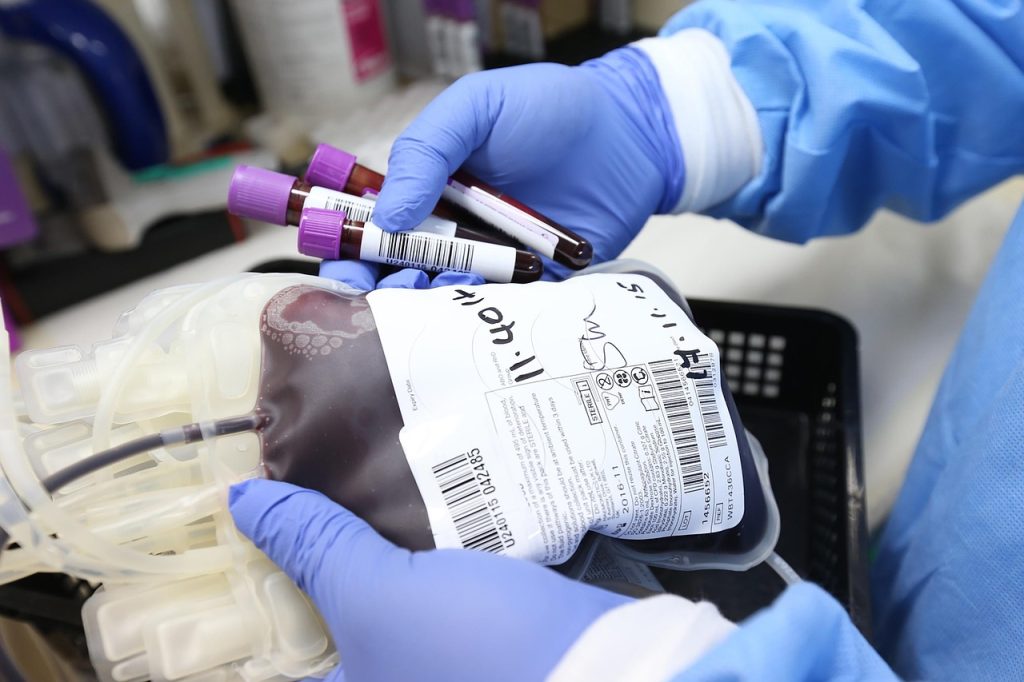Becoming a blood donor offers excellent benefits for both recipients and donors, some of them we might have thought of prior to the donation and others come with a sense of grattitude and commonality that is becoming rare in a fast-paced society. At the core, donating blood helps save lives—each unit can treat three patients in need, whether during trauma, surgery, chronic illness, or for those with inherited disorders like sickle cell disease
Prior to the donation, every donor undergoes a mini-physical test—including checks for hemoglobin, blood pressure, pulse, temperature—and is screened for infectious diseases. As a result this early detection can uncover conditions such as anemia, hypertension, or arrhythmias, prompting timely medical attention. Moreover, evidence suggests that regular blood donation may reduce blood viscosity, lower iron stores, and thereby decrease blood pressure and cardiovascular risk, and evidence has also found that long-term donors had reduced risk of heart attack, likely due to lowered iron-induced oxidative stress. Other benefits have been related to the altruistic act of donation which promotes emotional well-being, contributes to reduce stress and feelings of depression, and strengthens the feeling of social belonging. Donors often feel they are contributing positively to their community, and such prosocial behavior is linked to long-term mental health benefits.
But where do we date the origin of blood donation? Modern blood donation infrastructure has roots in World War II, when Dr. Charles Drew pioneered blood banking and preservation, enabling safe large-scale transfusion systems. These advancements revolutionized medicine and made regular volunteer donation essential to global healthcare. Interestingly, the rate of blood donors in the Eu is generatlly high compared to the global average, and this is particularly relevant in countries with strong public health systems with trust in the healthcare system.
Ongoing research into donation psychology highlights barriers and motivators for prospective donors. By understanding this, blood banks and agencies can encourage consistent donor participation and secure a stable, diverse blood supply—which at the same time results in a more equitable healthcare. All in all, becoming a blood donor not only saves lives, but also brings about clear benefits to the donors. Backed by decades of medical innovation and psychological research, blood donation exemplifies community engagement making a tangible difference. If you are interested in becoming part of this committed community worldwide you can address your local health provider.
Lecturer in the Department of Sociology at the University of Barcelona.
Extensive experience in the participation of EU funded research projects particularly from the EC’s Framework Programme.
Co-editor of RASP: Research on Ageing and Social Policy.


